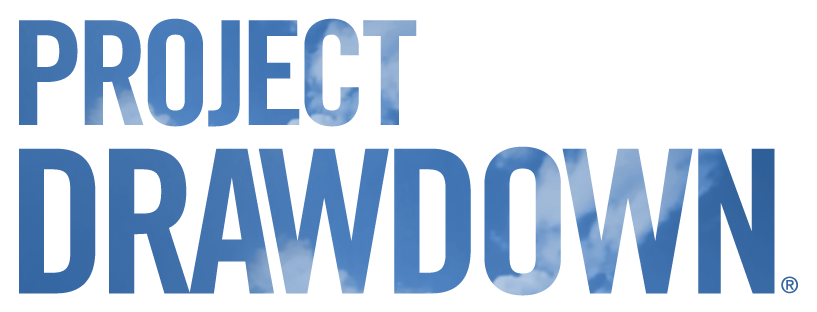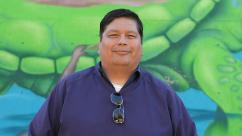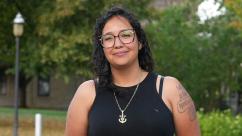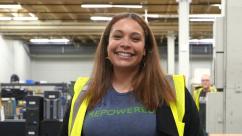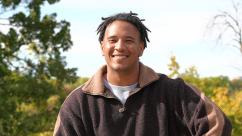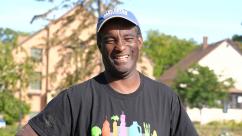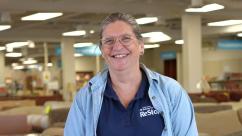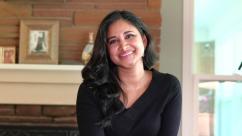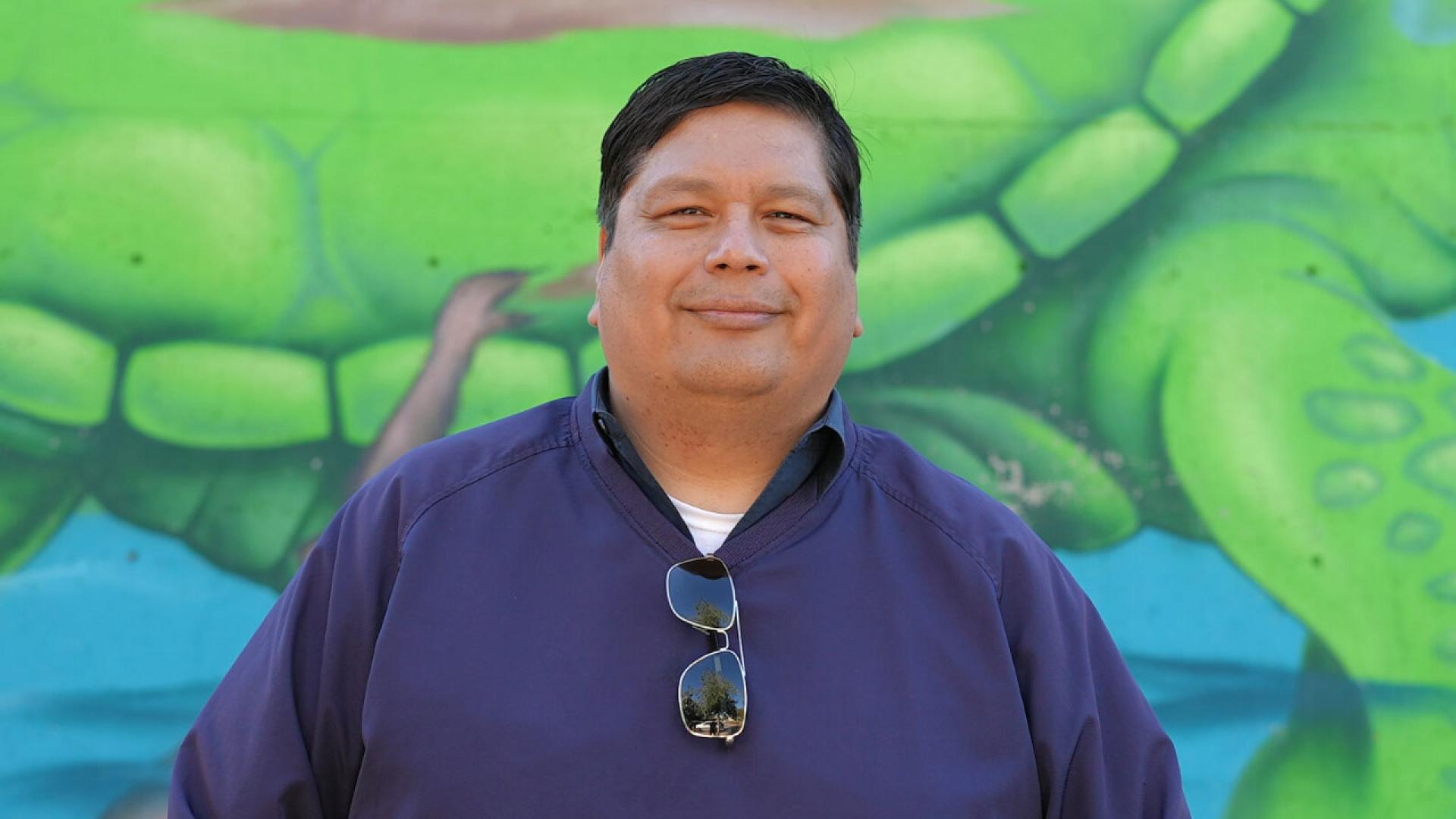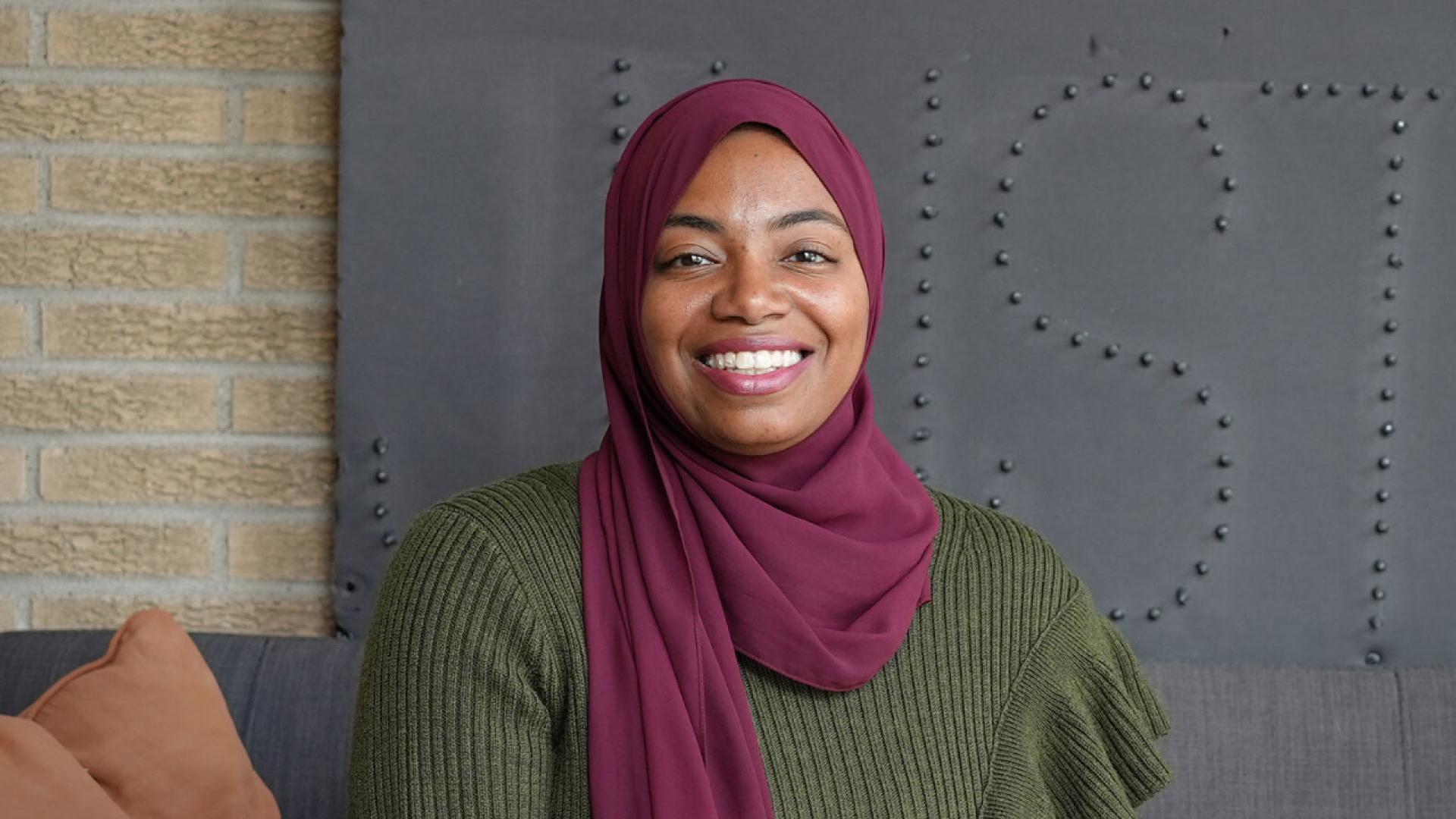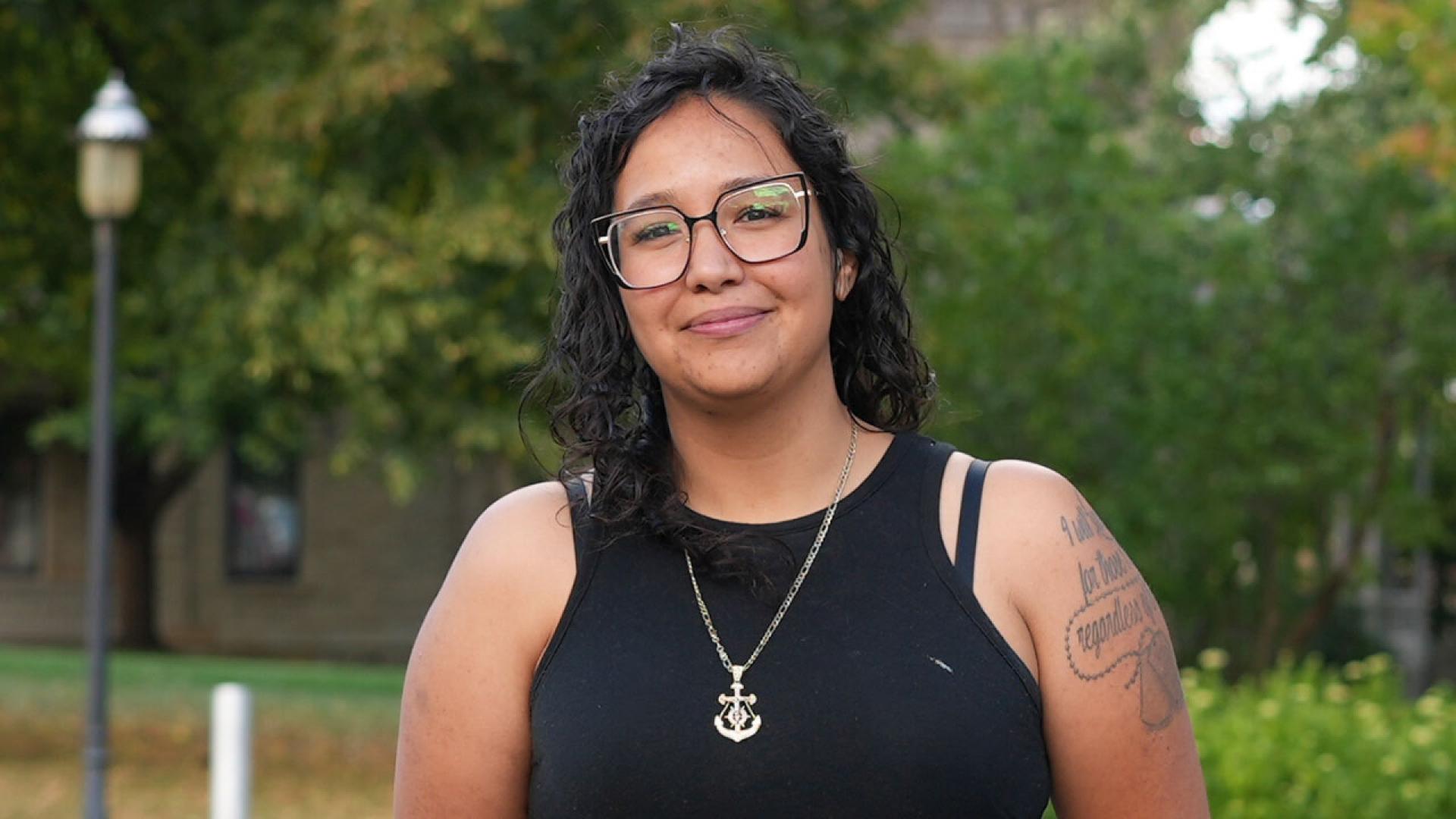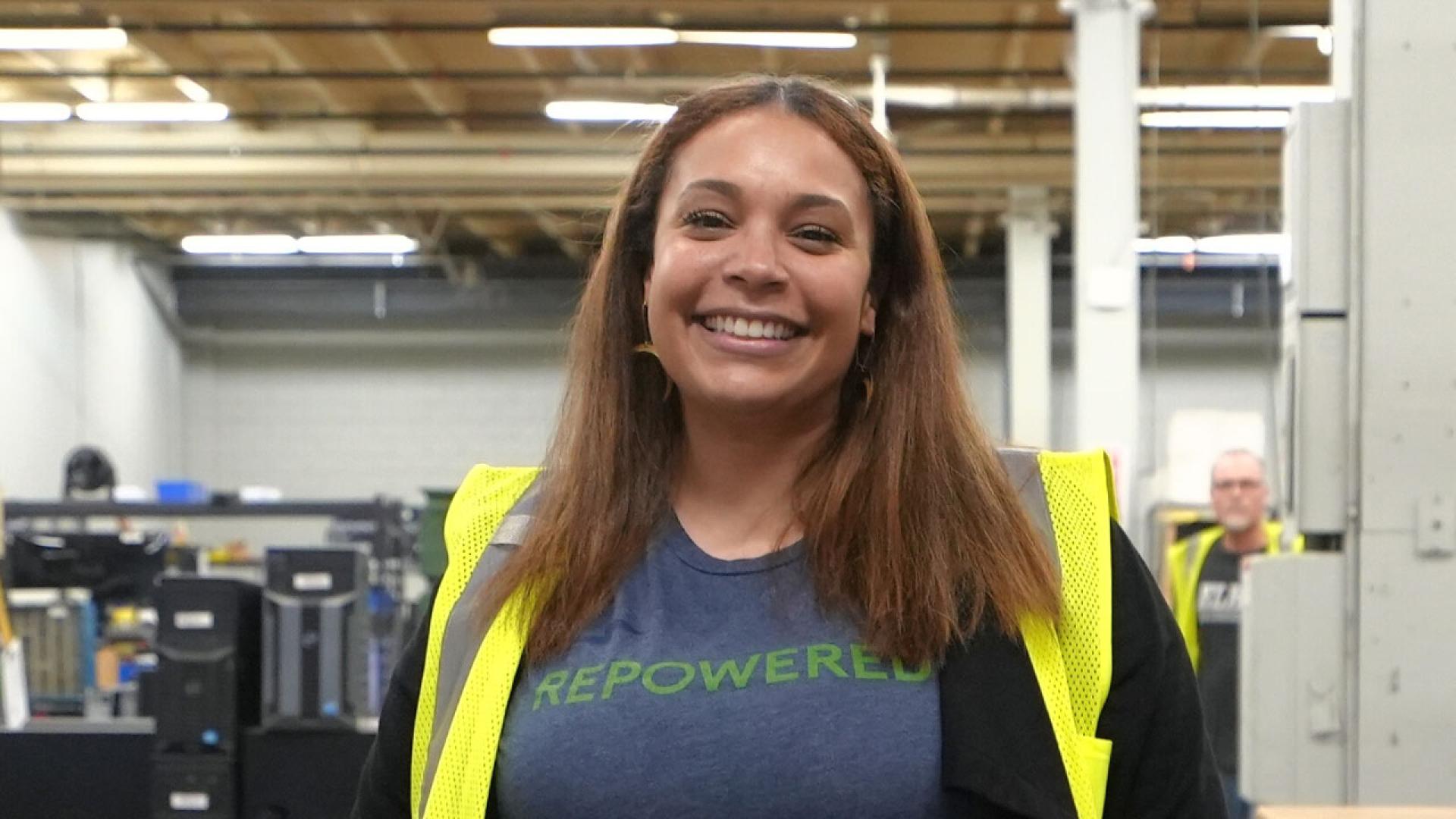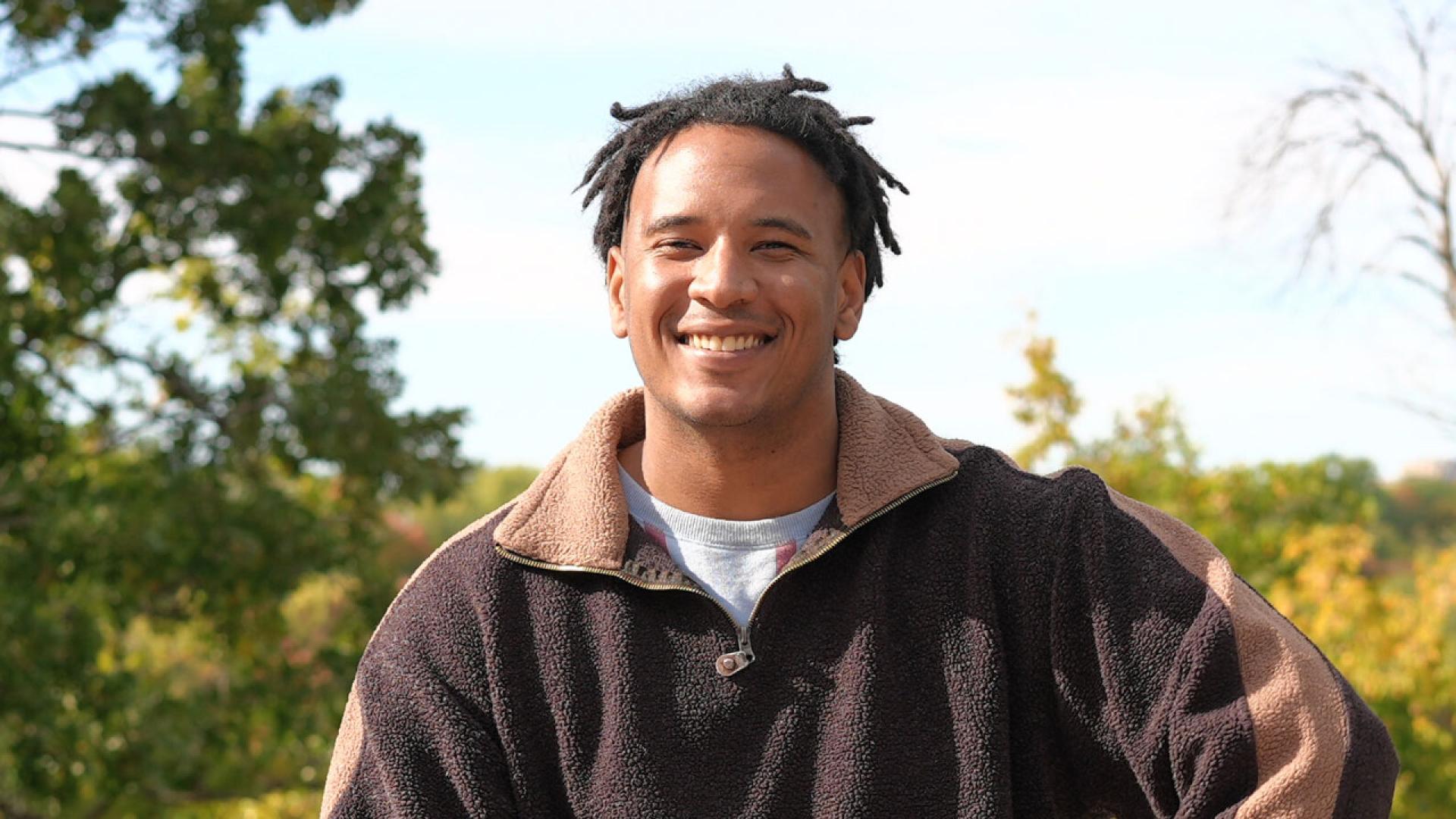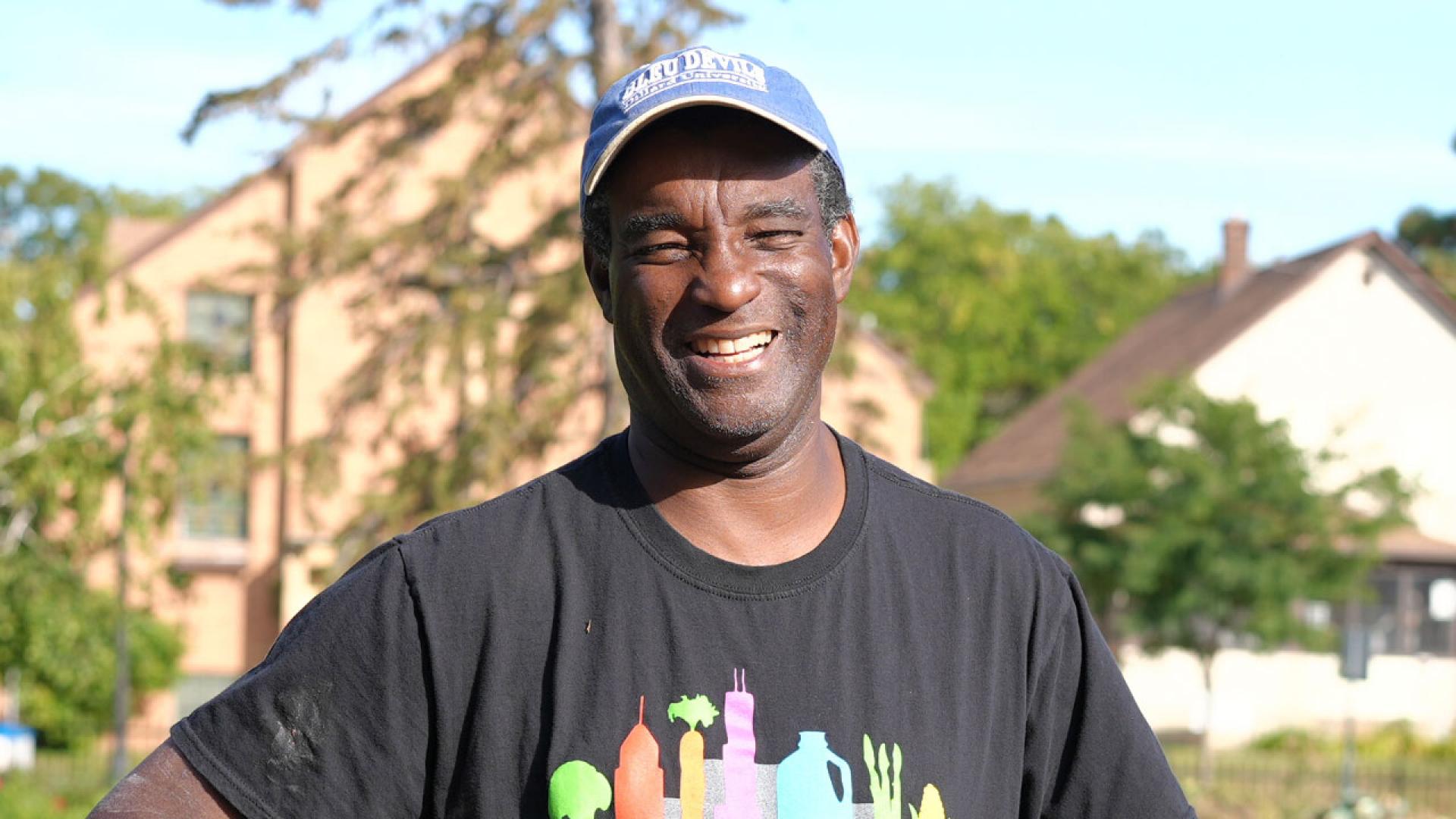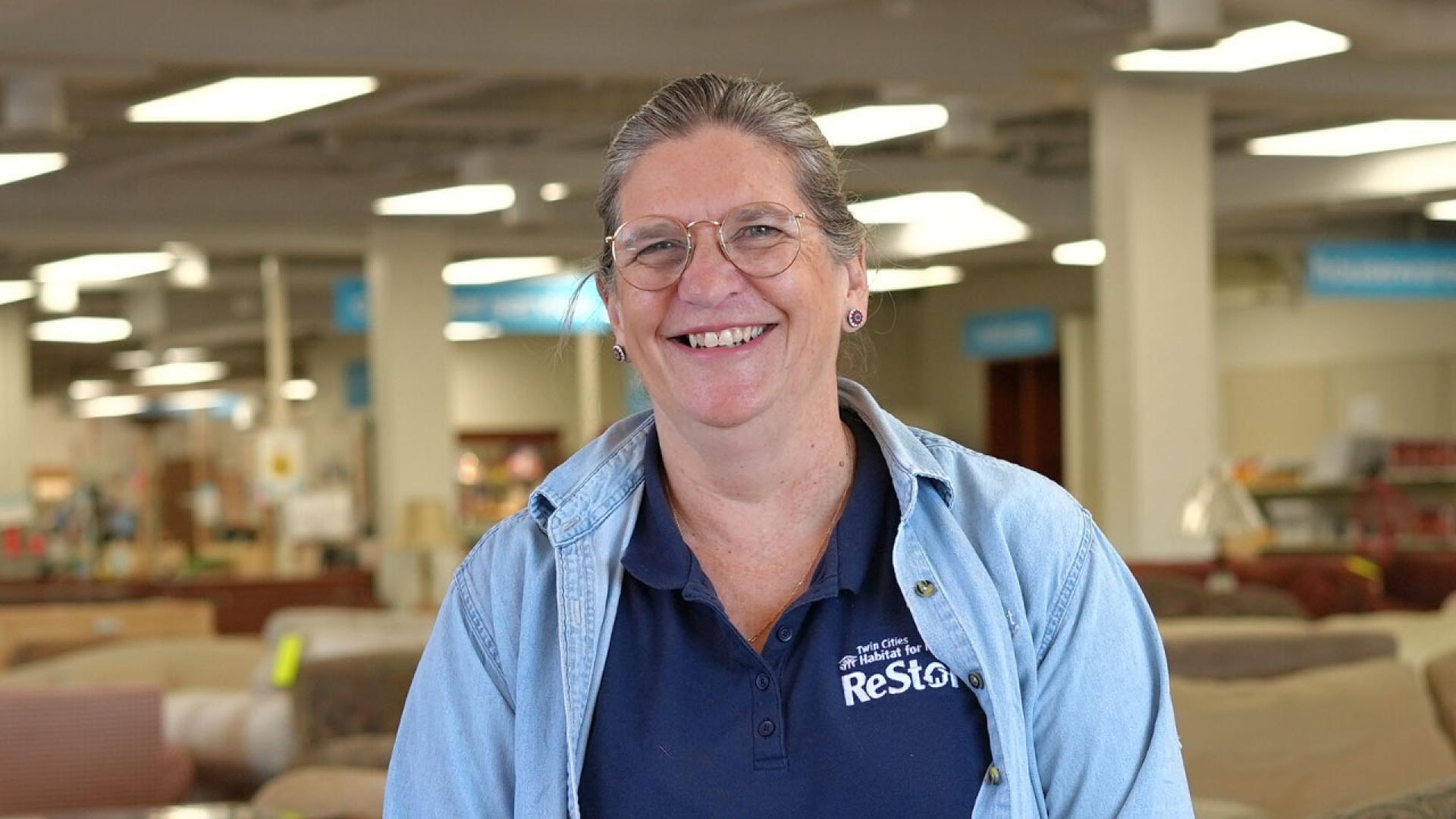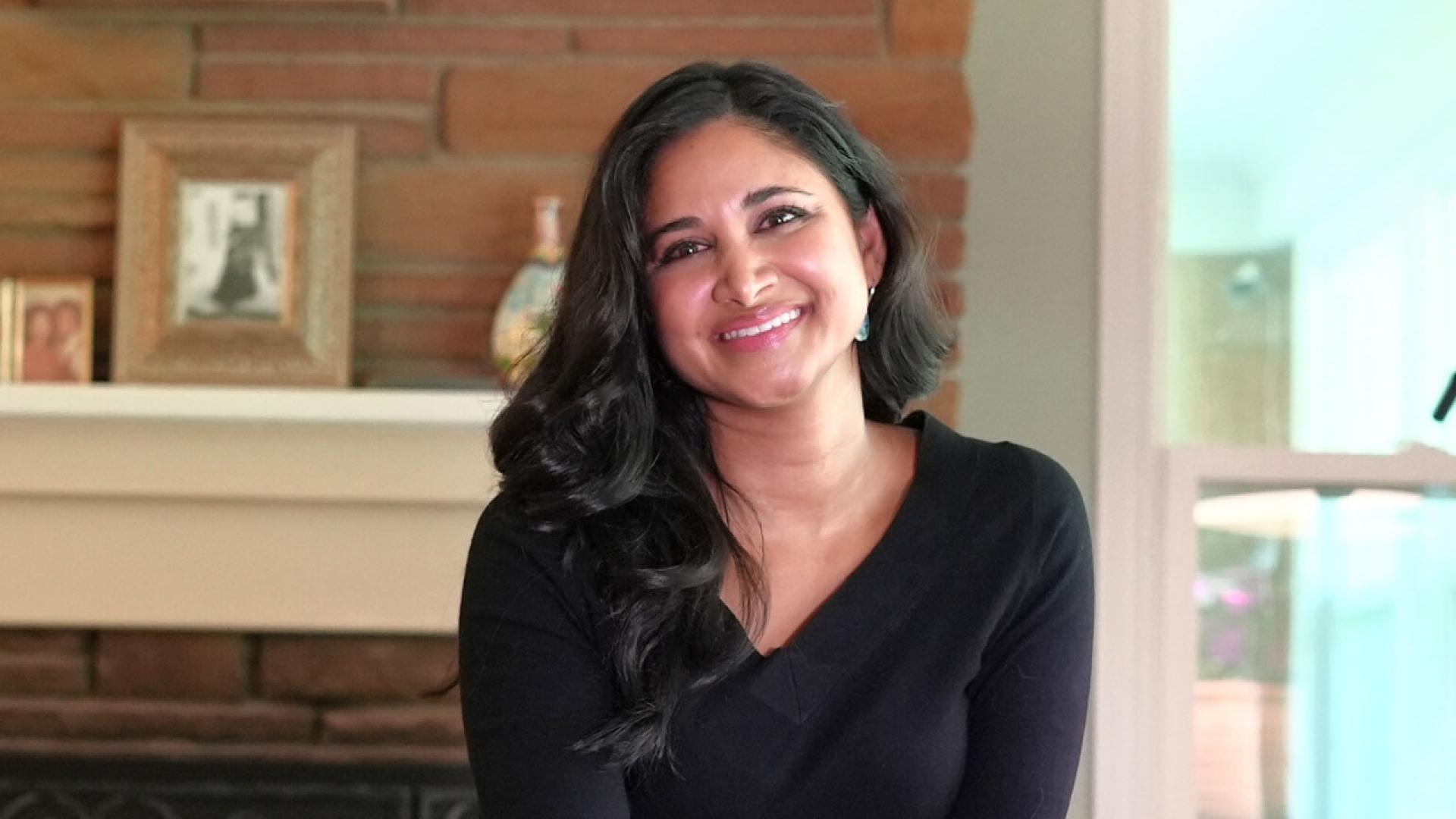Jose Alvillar Hinojosa: Ensuring the Community’s Part in Climate Solutions
In this Episode
Jose’s Story
Many factors fuel migration, but climate change is a powerful link. The stressors of loss of crops, unstable housing, extreme storms, and violence that rises with heat are all intertwined with climate change, and the result can be a chain reaction that creates pressure to migrate. Climate solutions that reduce vulnerability—and center communities most at risk— place justice at the center of our collective work to achieve drawdown. Jose Alvillar Hinojosa is the Statewide Director of Youth Programs with Unidos MN. This immigrant-led, multigenerational, Latinx-based grassroots organization builds power to organize and access just solutions around the intersecting issues of immigration, education, and climate change. Unidos MN’s goal is for all of Minnesota’s working families to have pathways to access a good life (el buen vivir).
Discussion Questions
One of the most important things you can do when it comes to climate change is talk about it.
- According to Yale's Program on Climate Change Communication, most Americans understand that climate change is happening. Still, they are not necessarily taking action, which Jose has personally observed when organizing his community. Jose explains that community members want to see climate solutions, such as a greater reliance on solar power. Still, they don't necessarily know how to access or implement these solutions. Unidos MN is helping the community by providing tangible climate solutions and by working with partner organizations, like the Citizens Utility Board (CUB), to help working families understand their energy bills, identify savings, and conserve resources. Why is it important for consumers to understand their energy bills? How can increasing knowledge in this area help people save energy costs while enabling them to make smarter climate choices?
- Jose's connection to his ancestral roots reminds us we have "one Earth, one place we call home." Jose is originally from Puebla, Mexico, and migrated to the United States when he was very young. As a child, his grandmother instilled pride in him about his cultural traditions and roots and the importance of remembering where he came from. Jose and his family are Indigenous, with Pochtecatl and Otomi roots, and, according to Jose, his grandmother is one of only a few people in their hometown that speaks the native language of Náhuatl. "My dad is a chief, and we grew up dancing in the Aztec dance community, a tradition carried by four generations," Jose explains. "I was instilled with a deep sense of my culture and community, and it formed a strong understanding in my identity and place in the world." Do you know your ancestral roots? What are some traditions that are important to you? How can cultural identity and tradition play a role in how you see the world and help find your real-world superpower to create a positive change?
- According to a recent World Bank report, Climate change could push more than 200 million people worldwide to seek places of refuge. Jose shares that climate change is part of the reason his family migrated to the United States. "It was because of political turmoil, U.S. intervention, and corporations in my hometown that were making our lives hard to live because the lands were literally not growing anymore," he says. Jose shares that his grandfather was killed because he stayed back to defend the land. Jose's climate story has been the main driver for his desire to work on environmental justice. Can you explain the connection between climate change and immigration? What is the importance of sharing stories that speak to a diversity of identities and the intersections with other justice issues, like climate and migration?
- Arts and cultural traditions have been a meaningful way for Jose to feel connected to his heritage and to provide re-grounding when obstacles arise because they remind him why he organizes for justice. Jose loves to dance and is now an Aztec dance chief. With this role comes the responsibility of knowing all the dances, how to drum them, and how to facilitate healing practices and spirituality. How can the arts and creative expression, like dance, serve as an entry point to build community and promote climate solutions?
- Working on climate change can sometimes feel overwhelming because the scale of the problem is so big. Jose explains that keeping a positive mindset is essential. "When you organize day in and day out," he says, "it can make you feel like the work you are doing is pointless, [that] nothing is going to change, but then I remind myself that is exactly how they want me to feel—to stay in this place of powerlessness because it benefits them. And that re-grounds me that I am not going to concede my power before I even decided to contest for it, and that brings me so much clarity." Jose also works with other organizers who remind him, "You can do this; just step into the fray unapologetically and powerfully." Can you name a time when you felt overwhelmed or doubted your abilities? Were you able to find clarity, and if so, what helped you to do that? What ideas do you have for staying encouraged when working on an issue like climate change, which can sometimes feel so big and overwhelming?
- Jose talks openly about his lived experience as an undocumented person in Minnesota. He can also talk about some of the difficult moments he navigated, like being detained at the United States/Mexico border when he was very young. What is the importance of discussing some of the hardships we have experienced? How can Jose's personal story help normalize conversations about climate change and immigration and allow us to see the humanity of those impacted?
- Jose studied at Augsburg University, majoring in studio arts, philosophy, and architecture. Jose decided to utilize his education to give back to his community. When Jose chose to pursue his Master's degree in Architecture at the University of Minnesota, his plans were disrupted as he was not accepted because of his undocumented status. That same year DACA—which stands for Deferred Action for Childhood Arrivals—was created by former President Barack Obama to protect immigrants from deportation and to enable eligibility for work permits. Jose was able to adapt his plans by obtaining a permit for employment in Minneapolis Public Schools to work with students who could relate to his identities as a Spanish speaker and an undocumented person. Has there been a time in your life when you had a plan that you were excited about that was disrupted, and were you able to adapt to that challenge? What, if anything, did you learn about yourself through that experience?
- In high school, Jose's history teacher told him that the Aztec people no longer exist, even though Jose is a fourth-generation Aztec. Working in the education system, Jose was exposed to injustices that matched his own experience, which meant that some students might be more successful in their educational journey than others. Jose decided he wanted to be part of the solution to ensure that no one felt invisible in a system that is supposed to affirm and support students. In your experiences in school, has your cultural identity been seen and affirmed by teachers? What ideas do you have to create more inclusivity within our education system?
Learn More
- Learn about the solutions in this story.
- Solution Sector: Electricity
- For more on all of the Drawdown climate solutions, visit drawdown.org/solutions.
- Learn more about Jose’s work: Unidos MN and partner organization: Citizens Utility Board (CUB)
- Explore Climate Solutions 101, the world's first major educational effort focused solely on climate solutions. This video series combines Project Drawdown’s trusted resources with the expertise of inspiring, scientifically knowledgeable voices from around the world: drawdown.org/climate-solutions-101.
- Visit the Yale Program on Climate Change Communication, a resource that shares research, communications strategy and opinion polling on climate communications.
Take Action
- Drawdown Ecochallenge, presented by Ecochallenge.org, is a fun and social way to take measurable action on the top solutions to global warming. Take the challenge, and see how a few weeks of action add up to a lifetime of change for you and the planet. If you want to take action on climate solutions like Jose, visit drawdown.ecochallenge.org/challenges/.
- The Drawdown Labs Job Function Action Guides are practical and shareable resources that highlight specific, high-impact climate actions employees in common corporate professions can take at work.
- ChangeX connects people with proven ideas for strengthening communities with the resources needed to implement those changes. Explore countless ways to improve your community and help the world reach drawdown.
- Climate Generation’s Green Careers for a Changing Climate Instructional Supplement (for Grades 6-8) contains resources to help young people learn about Green STEM Careers — careers that can help solve the impacts of climate change using STEM skills. Throughout this instructional supplement, students will be using the resource Drawdown to make important connections to solutions that these careers will implement.
- Solutions Journalism Network highlights the importance of reporting stories of climate solutions in the media to create a more equitable and sustainable world. Visit their Teaching Climate Solutions resource to find curated collections and the latest examples of climate solutions journalism.
- SubjectToClimate (StC) is a nonprofit online connector for K-12 leaders of all subjects to find materials on climate change at no cost. Explore StC’s educator-generated database to connect to Project Drawdown-based climate education resources.
Sign up to receive updates, provide ideas, and tell us how you might share Drawdown’s Neighborhood in your community.
